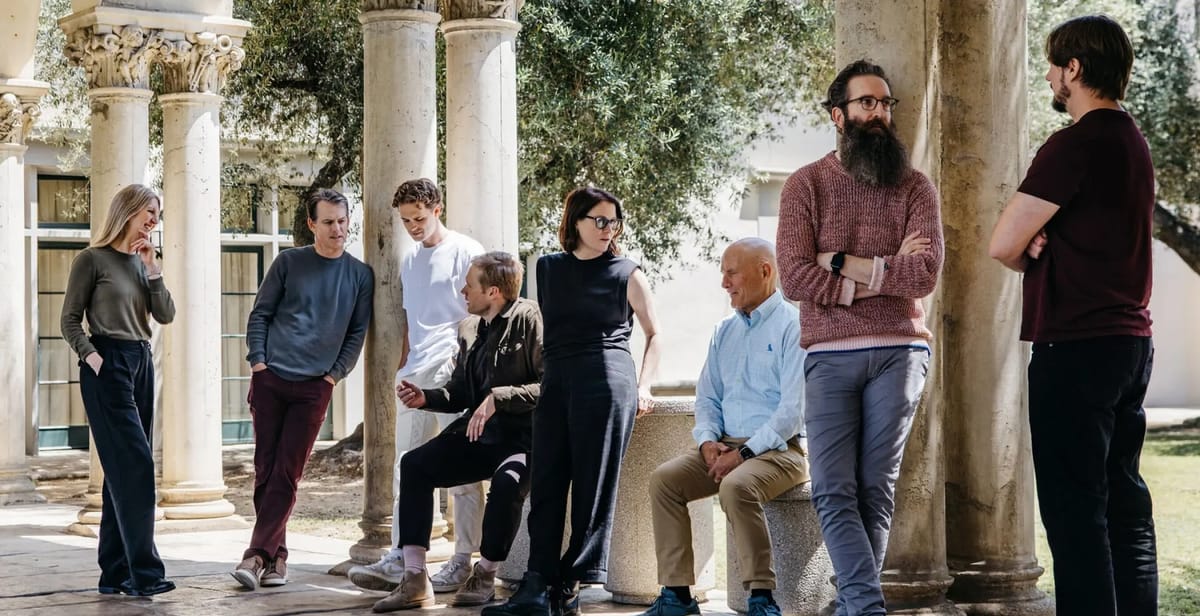
On Monday the Databricks and Perplexity co-founder said he’s personally fronting $100 million to launch Laude Institute, a new outfit that promises “fast grants and moonshots” instead of traditional research bureaucracy.
Key Points
- $100 million in personal capital powers the nonprofit-plus-PBC hybrid
- First grant: $3 million a year to stand up UC Berkeley’s AI Systems Lab in 2027
- Star-studded board includes Dave Patterson, Jeff Dean, and Joelle Pineau
- Goal: move ideas from papers to products at Databricks-style velocity
Konwinski’s pitch is simple: too much cutting-edge computer-science work dies in PDF purgatory. Laude will cut “fast-grant” checks so researchers can prove an idea quickly, then scale the winners with multi-year funding. The nonprofit’s public-benefit arm lets it hire competitively while keeping any upside locked into research, Konwinski said in the launch note.
The board reads like a who’s-who of modern computing. Google Turing-winner Dave Patterson chairs it, bringing the RISC-V evangelist’s gravitas. Google’s chief scientist Jeff Dean, fresh off shepherding Gemini, also signs on, and former Meta AI research chief Joelle Pineau joins just weeks after her surprise exit from the social giant.
Laude’s first “flagship” grant puts $3 million a year, for five years, into a brand-new AI Systems Lab at UC Berkeley. The lab will be led by Ion Stoica—famed for Sky Computing, Apache Spark, and more—whose Berkeley groups have already spun out Databricks, Anyscale, and the open-source vLLM project. The lab opens in 2027 and is expected to poach talent across distributed systems, security, and ML infrastructure.
Konwinski insists Laude isn’t an “AI safety” shop or an incubator. Think of it as NSF-style grant-making at startup speed. The approach comes as public money struggles to keep pace; the National Science Foundation’s latest AI institutes program will disburse roughly the same $100 million over five years that Konwinski is staking on day one.
Why should founders and VCs care? Konwinski’s résumé answers that: he co-authored Spark as a grad student, then helped turn it into Databricks—now valued north of $40 billion—and later cofounded Perplexity, the buzzy AI search engine that has already pulled in nine-figure funding. If Laude can reproduce that pipeline at scale, it could become a high-octane feeder for the next generation of infrastructure startups.
Industry veterans also see a culture play. “Fast grants” exploded during COVID-era science funding, but AI researchers still navigate paperwork-heavy channels like the NSF or DARPA. A privately bankrolled alternative with decree-level decision-making could reset expectations for how quickly academic ideas translate into production systems—and how much equity the original researchers keep.
Laude’s application portal opened Monday. In true hacker fashion, Konwinski closed his announcement with a reminder to “ship your research.” The message lands: in an era when GPU clusters and eval benchmarks can go viral overnight, speed is a feature—money just turns it on.
